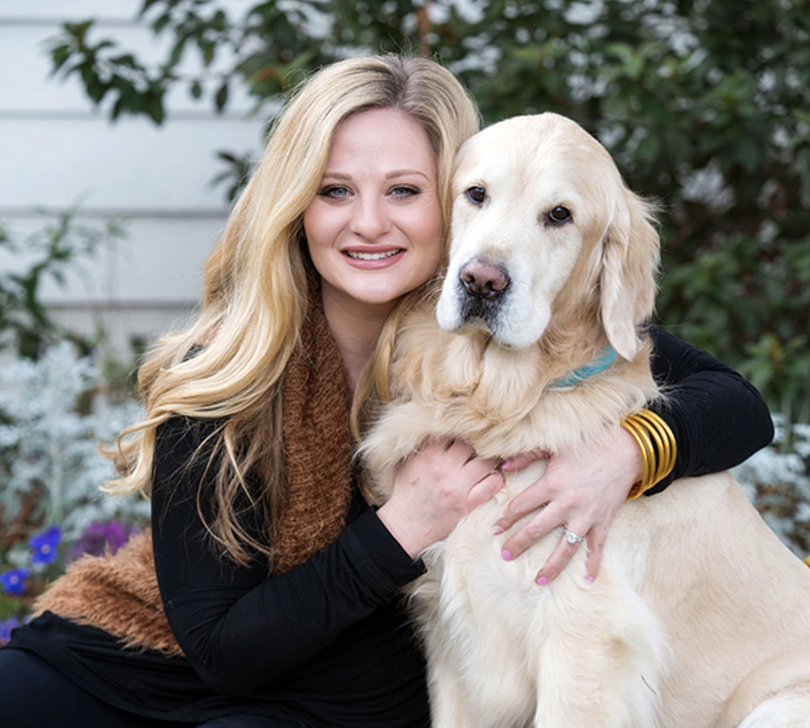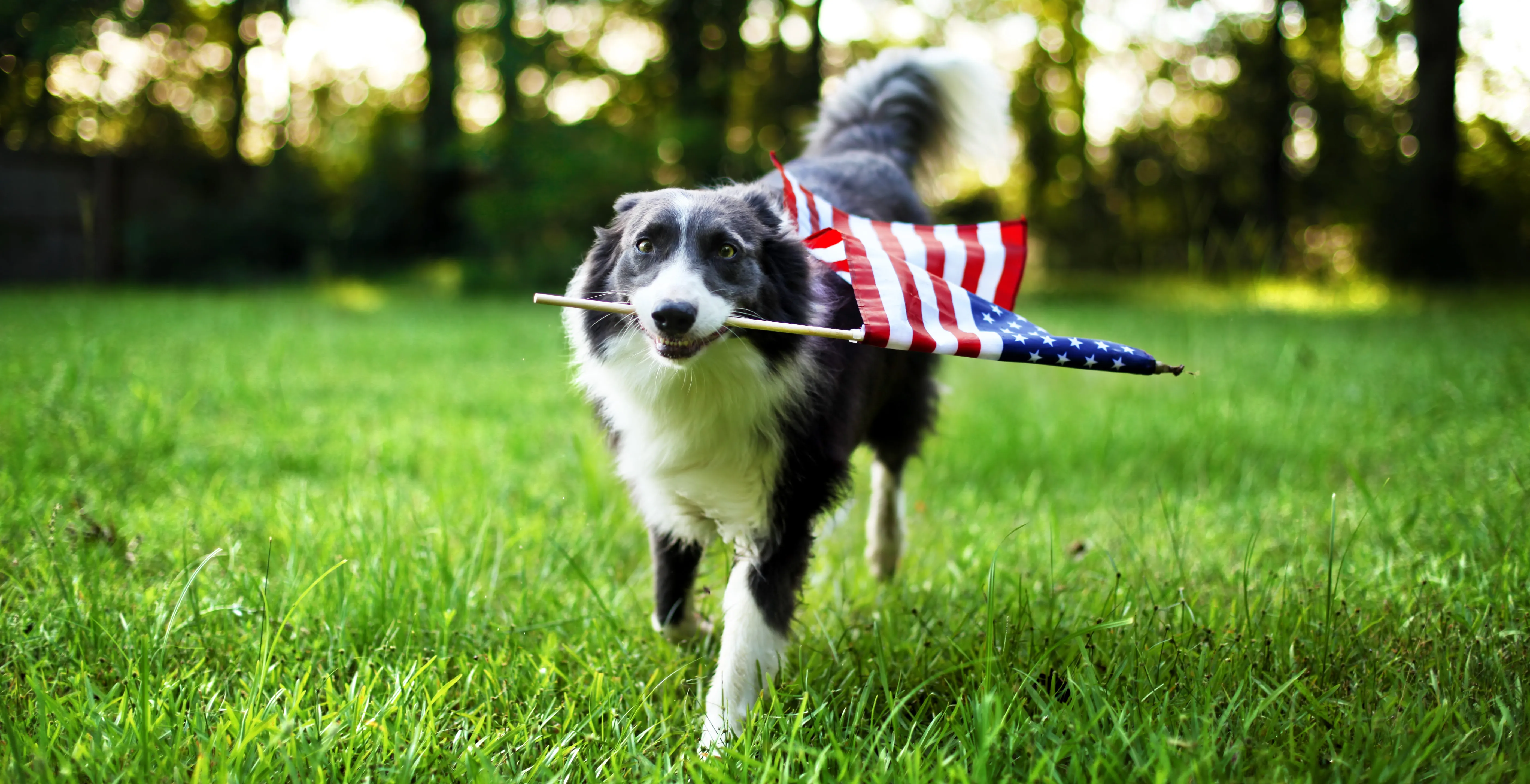Fourth of July firework safety for furry friends
For many American humans, Independence Day probably means barbecue, friends and fireworks. And although the combination of those things sound perfect to many of us, our pets might feel differently. We recently talked with Dr. Hanna Borne Green, a local small animal veterinarian, to discuss the impact July 4th festivities have on our furry friends.

Unlike our pets, we humans are mentally aware of upcoming holidays and the chaos that comes with them. Our pets however, have no idea that it’s holiday time and are only made aware when the fireworks start popping off.
“Not only are fireworks unexpected and loud, but they also create powerful vibrations in the ground and atmosphere that animals are very sensitive to,” explains Green.
In order to keep the Fourth safe and fun for everyone, Green shared the following tips:
1. Have your pet microchipped (cats included).
Green explains that one of the most likely times for your pet to run away is during the loud and unfamiliar noises of a firework show. “In the event that your dog or cat runs away and is brought to any veterinary practice or animal control, they will be scanned for a microchip immediately,” says Green. The microchip scan will show your contact information so that your pet can be returned home safely.
2. Keep pets inside.
“Try and keep your animals in a crate or safe space during Fourth of July festivities,” says Green. Even the most well-behaved dogs can break out of a fenced-in backyard–or even through a glass door–when fireworks are going off. While your pet is inside, try and keep them in a room with minimal windows, or in a room with curtains drawn, so they can’t see whats taking place outside.
3. Make them comfortable.
It’s important to note that pets are much more sensitive to noise than humans. In order to combat the booms of fireworks, Green suggests turning on some music or the television. “Remember fireworks are extremely fear-inducing for your pet, so you need to provide some comfort for them,” explains Green. For your dog, try giving them their favorite treat or toy to play with. And for your cat, perhaps some catnip or a cat tunnel to play–or hide in–would do the trick.
If your pet is extremely fearful or skittish, Green suggests meeting with your veterinarian to discuss prescribing medication to reduce his/her anxiety. “There are some wonderful anti-anxiety medications for pets,” says Green, “including some specific for noise aversions such as thunderstorms and fireworks.” If you chose to take the medication route, it is important to make sure the correct medication is chosen, as some are designed to specifically reduce anxiety and fear, while others have more sedative affects.
What are your tricks for keeping your pet calm during chaos? Let us know in the comments below!












